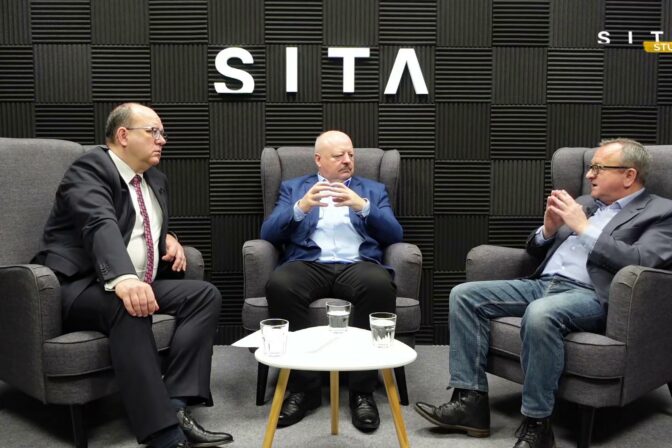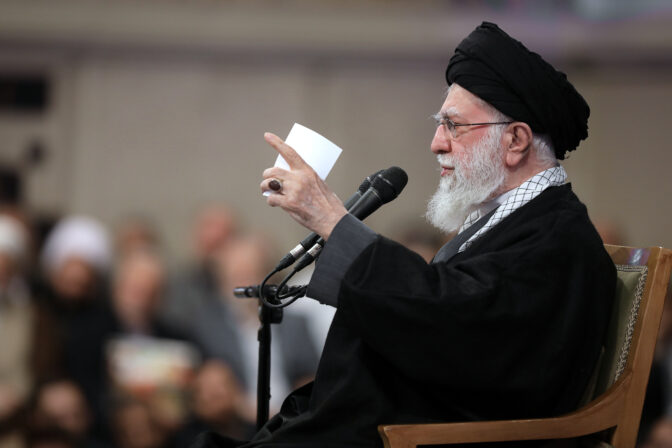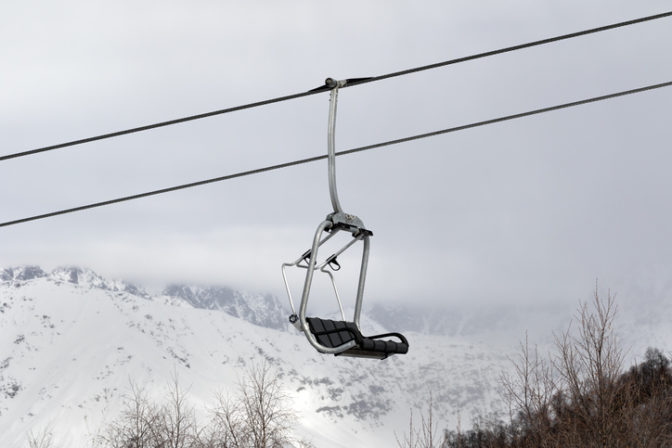BRATISLAVA, August 9, (WEBNOVINY) — Head of the Judicial Council and Supreme Court President Stefan Harabin has asked the President of the European Network of Councils for the Judiciary, John Thomas, for a stance to the Slovak Cabinet’s draft amendments to the Constitution and to the law on the Judicial Council of the Slovak Republic.
If the Cabinet’s proposed model gets approved, any police investigator, even at the lowest level, might start a criminal prosecution of a judge and the Justice Minister would be able to instantly suspend that judge, Harabin warns in a letter to Thomas. Harabin also mentions the risk of Penal Code tools turning into a means to remove an independent judge. Under the current practice, the Constitutional Court gives consent to any criminal prosecution of a judge, but before it is granted, the Court examines whether the inevitable conditions for consent to criminal prosecution were fulfilled. This control mechanism provides sufficient protection to a judge from false accusation and willfulness of police organs about proposals of which the judge decides. If the Cabinet’s proposal is endorsed, it would invalidate the control mechanism, the only independent guarantor of which is the Constitutional Court, suggests Harabin in the letter.
Harabin is convinced that the Cabinet’s draft amendment to the law on the Judicial Council follows the only aim: to change the composition of the organ before its regular term expires. “Discrimination against court chairmen and deputy chairmen who will have to choose according to the Cabinet’s proposal whether they will hold a post in the Judicial Council or have a senior position at the court and who ran for the post in the Judicial Council in a democratic, direct, equal, and secret ballot among judges, would be a negation of the elementary democratic principles,” suggests Harabin. The proposal destabilizes the Judicial Council of the Slovak Republic as a whole as well as its individual members, according to Harabin.
The fact that the Cabinet is submitting to parliament the draft amendment to the Constitution without interdepartmental review, not speaking of absence of an expert debate, is worth mentioning, Harabin believes. He suggests that the government steps toward curbing the immunity of judges liquidate the constitutionally guaranteed independence of courts and judges. This is an attempt to weaken the judicial power and question the independence of judges and courts, said Harabin who added that „a biased judge cannot decide lawfully and justly.”
In the above mentioned amendment, the Justice Ministry proposes that sessions of the Judicial Council be made public, that its decisions (especially those regarding personnel matters) be reasoned, and that council members not be court chairmen. The only exception for the last point is that of the Supreme Court President who is guaranteed a position based on the Constitution. “Our aim is to create an open space for the recovery of the judiciary with focus indeed laid on the independence of the judiciary,” said Justice Minister Lucia Zitnanska earlier this month. „It is not a task for one year; maybe it exceeds one election term,” she said. After the previous four years, it is necessary to start by taking power away from those to whom it does not belong, including the Justice Ministry, and give power to the hands of those to whom it belongs,” she underscored. She added that in deciding on concrete cases the power belongs to judges but the control of the justice belongs to the public.
Stefan Harabin served as Supreme Court president from 1998 to 2003. He became Justice Minister in 2006 to return to the Supreme Court top post in 2009. The Justice Ministry, headed by Harabin, had been trying to transfer powers from the ministry to the Judicial Council, contributing to an accumulation of powers in the hands of the future Supreme Court president. The Supreme Court president is automatically chairman of the country’s Judicial Council.
The Supreme Court of the Slovak Republic is the highest judicial authority and appellate forum in the state court system except for constitutional questions, which are considered by the Constitutional Court. Having the power to decide on appellate reviews, the Supreme Court may thus overturn the verdicts of the future Specialized Criminal Court, which deals with cases of high-profile corruption and organized crime. Harabin is a known opponent of the special court.
SITA












